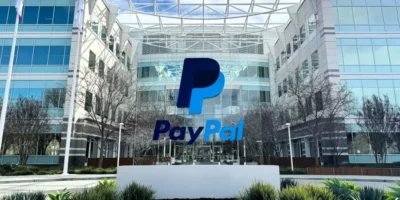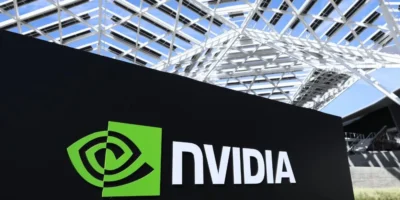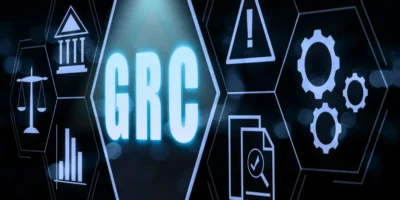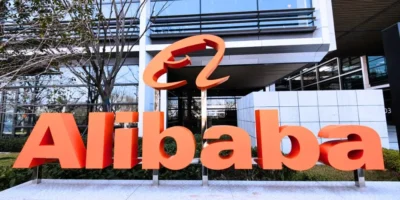The UK’s new Online Safety Act, which aims to protect children from harmful content, is having an unintended side effect: it’s pushing people toward risky, free VPN services. The law, which took effect on July 25, forces popular websites like Reddit and X to implement age verification walls. However, instead of protecting minors, it appears to be driving them—and many adults—to find ways to circumvent the new rules.
In the days since the law went into effect, five of the top 10 most downloaded free apps in the UK have been VPNs. While some of these are from trusted names like Proton VPN, others are suspiciously generic and have very little information about who runs them.
This surge is a major concern for cybersecurity experts. When you use a VPN, you’re sending all your internet traffic through that company’s servers. You have to trust them not to abuse that access. But many free VPNs have a shady business model. If you’re not paying for the service, they are likely making money off of you in other ways, like selling your data to advertisers. Some have even been caught injecting malware onto users’ devices.
Experts warn that if a VPN service is completely free with no restrictions, you should be very suspicious. A trustworthy VPN will have a clear pricing structure, a physical address on its website, and a detailed privacy policy. While the UK’s new law was intended to make the internet safer, it is pushing many people into a much more perilous corner of the web.














